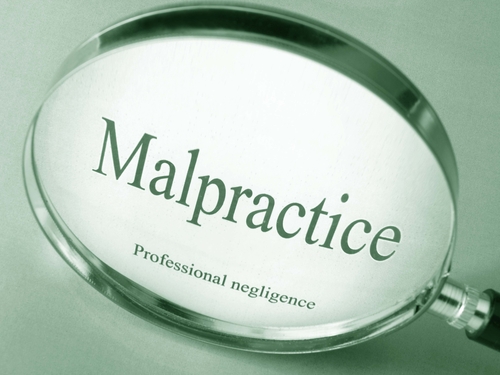Four Loko Settles FTC Complaint by Changing Can Disclosures, Using Resealable Containers
Updated: The maker of the fruity-tasting alcoholic drink Four Loco will settle a Federal Trade Commission allegation of false advertising by relabeling its cans to compare its alcohol content to regular beer.
The FTC had alleged drink maker Phusion Projects falsely claimed that a 23.5-ounce can of Four Loko contained the alcohol equivalent of one or two beers, and a consumer could safely drink an entire can, according to an FTC press release.
In fact, the FTC says, one large can of Four Loko contains as much alcohol as four to five beers. According to an example cited by the FTC, a 23.5 ounce Four Loko can would contain a new disclosure reading, “This can has as much alcohol as 4.5 regular (12 oz. 5% alc/vol) beers.”
Phusion Projects did not admit to wrongdoing, but said it would relabel its cans to provide more information to consumers, the Washington Post reports. The drink maker previously removed caffeine from its drinks after the FTC warned last fall that it could mask the feeling of intoxication. Fox News also has a story.
The settlement also requires Phusion Projects to use resealable containers for its supersize drinks.
Phusion supplied the ABA Journal with this statement by founder Jaisen Freeman. “Four Loko’s labeling and marketing has never stated that the cans were the equivalent of 1-2 beers. Our labeling has always clearly conveyed exactly what’s in the can in bold, capital letters—23.5 ounces and 12 percent ABV. Even though we reached an agreement, we don’t share the FTC’s perspective and we disagree with their allegations. We don’t believe there were any violations. However, we take legal compliance very seriously and we share the FTC’s interest in making sure consumers get all the information and tools they need to make smart, informed decisions.”
Updated at 7 p.m. to add the statement by Jaisen Freeman.



